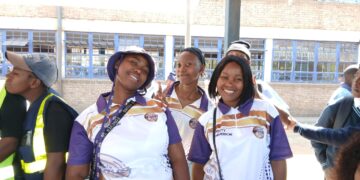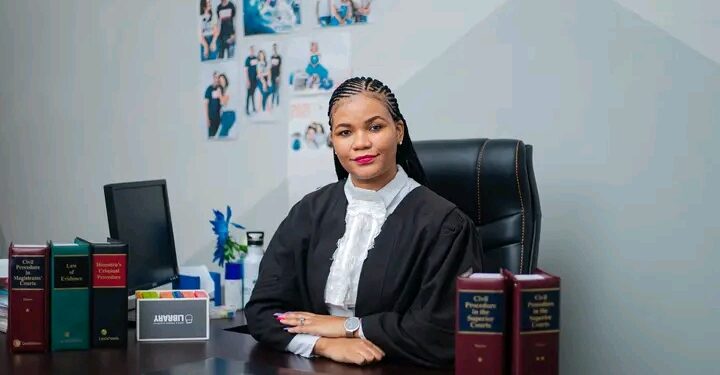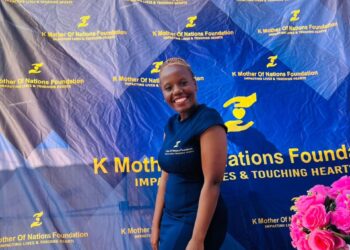Middelburg – Sharlotte Tsotetsi-Mpotu, founder of S Tsotetsi Attorneys, has built a legal career grounded in purpose, resilience and a deep passion for justice. Her journey is not only about personal success, but about transforming lives and creating pathways for others, especially women to thrive in the legal profession.
Growing up in Khutsong, a small township in the West Rand of Gauteng, Tsotetsi-Mpotu developed a strong sense of justice early on. “My surroundings taught me compassion and the importance of standing up for others,” she recalls.
It was the consistent instances of social inequalities that inspired her to pursue law, a calling she continues to live out through her work and advocacy.
Entering the legal profession as a young woman came with its challenges. “I constantly had to prove myself, not just to clients but to society at large,” she says working twice as hard and staying true to her principles helped her earn respect in a traditionally male-dominated field.
Tsotetsi-Mpotu founded S Tsotetsi Attorneys based in Middelburg with a vision to make quality legal services accessible to all, especially the so-called ‘missing middle’, people who cannot afford private legal fees but also do not qualify for legal aid. “We wanted to bridge that gap and stand for the marginalised, particularly women and children.”
Navigating her dual role as both director and employee of her own firm was not easy. “Being a young black woman entrepreneur in law meant learning to find my way in a saturated field without clear guidance,” she admits.
Despite the obstacles, she is proud of her achievements. “My proudest moment is having mentored four female attorneys who are now making their mark in the profession,” she says.
As an active member of the South African Women Lawyers Association (SAWLA), Tsotetsi-Mpotu has been at the forefront of initiatives aimed at empowering women. These include roadshows that educate women about their rights, urgent legal interventions and mentorship programmes that help aspiring legal professionals secure placements, prepare for board exams and take up leadership roles.
She acknowledges that women in law have come a long way, pointing to milestones such as the appointment of South Africa’s first Chief Justice, Maya and Judge President Segopotje Sheila Mphahlele, who leads the Mpumalanga Division of the High Court. However, she emphasises that there’s more work to be done to close the gender gap and ensure equal opportunities in leadership and career advancement.
‘I’ve had too many heartbreaking stories from survivors’
Tsotetsi-Mpotu’s advocacy extends beyond the courtroom. As chairperson of a Gender-Based Violence (GBV) subcommittee, she works tirelessly to develop strategies to fight abuse and protect victims. “I’ve heard too many heartbreaking stories from survivors. Each one strengthens my resolve to fight harder,” she shares.
She identifies several barriers preventing GBV victims from accessing justice, including lack of information, fear of victimisation and harmful societal attitudes that silence survivors. “Many victims don’t come forward because they don’t understand the justice system or they fear being judged,” she explains.
Among her many cases, one that stands out vividly is when she had to travel over 300 kilometres to assist a woman falsely arrested after reporting a GBV incident. “Seeing justice served that day reminded me why I do what I do,” she says.
Her annual free legal consultation drive, held every August, is an initiative close to her heart. “It’s one thing to talk about change, it’s another to act,” she says, adding that these consultations empower women with legal knowledge and provide them access to justice they might otherwise not afford.
If given the power to change one aspect of South Africa’s justice system, Tsotetsi-Mpotu says she would focus on improving access to justice for the marginalised. “We need better funding for support services, faster court processes, legislative reform and greater community education,” she says.




















